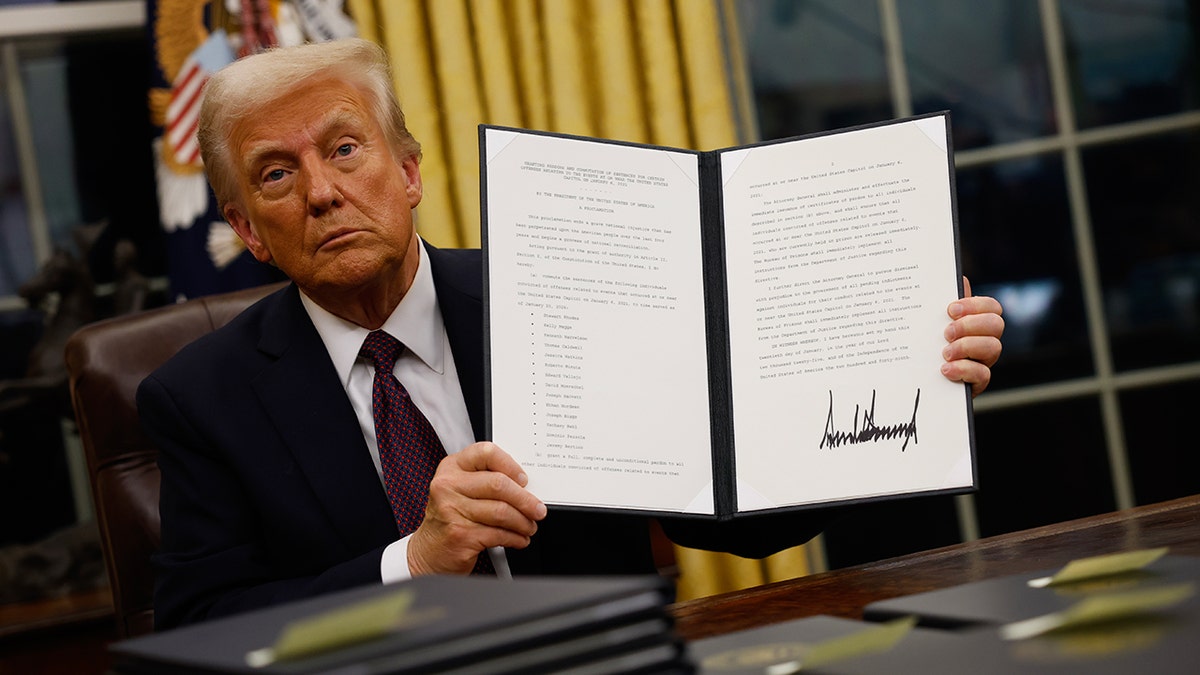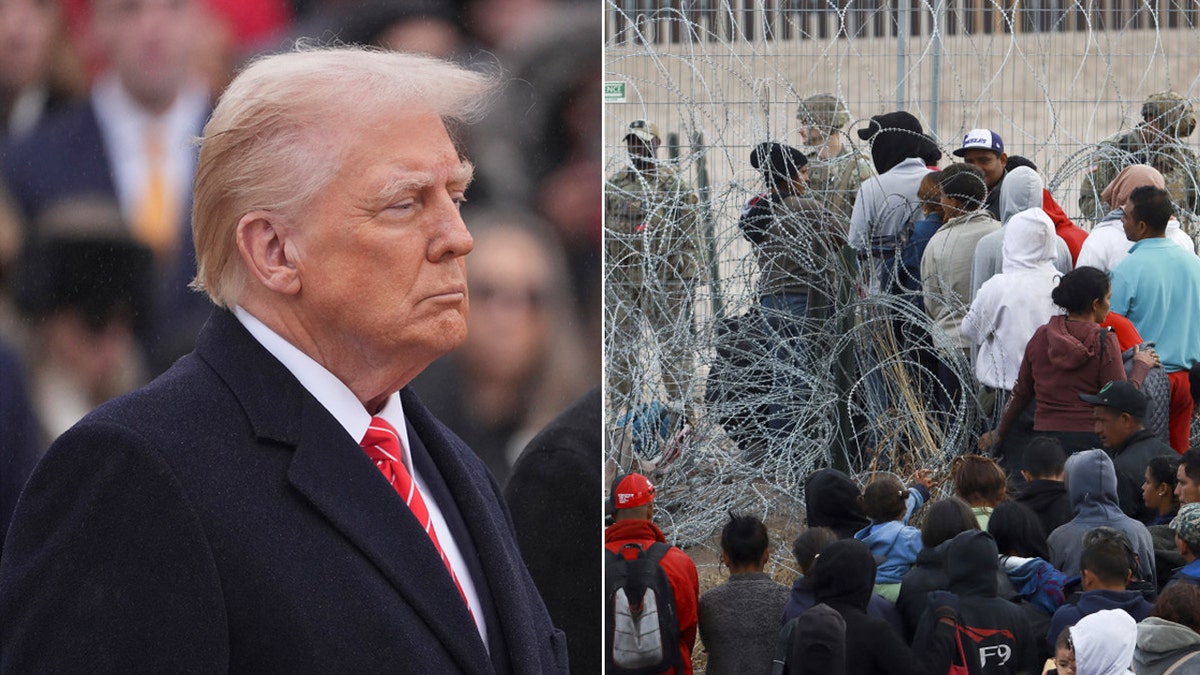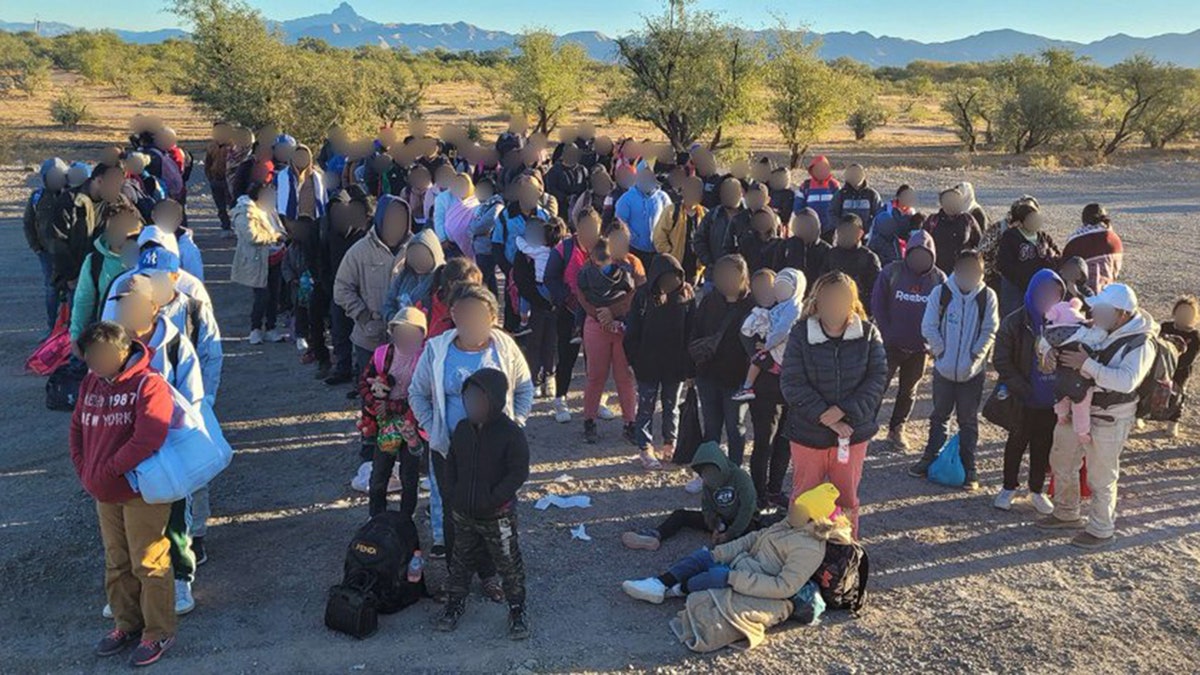America First Legal has entered the legal fray, supporting former President Trump's executive order aimed at restricting birthright citizenship for children born to undocumented immigrants. The organization, led by Vice President Dan Epstein, recently filed amicus briefs on behalf of House Judiciary Committee Chairman Jim Jordan and other committee members, arguing the order's constitutionality.
This action comes amidst legal challenges from nearly two dozen states and civil rights groups, with two federal judges temporarily blocking the order. However, America First Legal maintains a firm stance, asserting a constitutional basis for denying citizenship to children born to individuals who have not adhered to U.S. immigration laws.

Trump's executive order, "Protecting the Meaning and Value of American Citizenship," stipulates that birth in the United States does not automatically confer citizenship if a parent is unlawfully present or their presence is lawful but temporary. The amicus briefs, filed in federal courts in Washington and Massachusetts, contend that the 14th Amendment's text and history support this position, emphasizing citizenship as a political right, not an inherent entitlement.
Central to the argument is the 14th Amendment's phrase "subject to the jurisdiction thereof." Epstein argues this signifies political allegiance to the U.S., implying that children born to individuals not adhering to U.S. law do not meet this criterion. He posits that the executive order seeks to reaffirm the principle of citizenship based on loyalty and lawful presence.

Epstein emphasizes the executive order's constitutionality, highlighting the importance of the "subject to the jurisdiction thereof" clause. He contends that Congress has not explicitly legislated birthright citizenship for children born to undocumented immigrants, further bolstering his argument. He also suggests the current policy deviates from American tradition and undermines the rule of law.

Furthermore, Epstein argues that a broad interpretation of the 14th Amendment dilutes the historical context of enfranchising descendants of former slaves. Despite the current legal setbacks, he expresses optimism that the Supreme Court will ultimately uphold the executive order, emphasizing the clarity of the law and the historical meaning of "jurisdiction."
Comments(0)
Top Comments